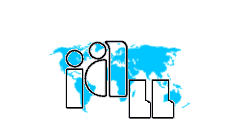Abstract
This Article explores Microfinance and microcredit (“MFI”) programs from several perspectives, with particular emphasis on human rights issues. These programs involve making small loans to people who would otherwise be unable to borrow money to facilitate them starting their own businesses: frequently, the programs focus on women borrowers in developing countries. The emphasis of MFI programs on women in developing countries makes it important to consider these programs in terms of both women’s and indigenous rights, while MFI as an approach to poverty merits a discussion of economic rights. Part I of the article will explore the concept and scope of current MFI programs, describing key components of these programs and assessing comments from both fans and critics. The Grameen Bank, which has been studied extensively and has acted as a model for several other programs, will be examined in detail. Part II of this Article considers MFI in the context of human rights considerations, including economic, indigenous, and women’s rights. One particular aspect of Grameen’s program, namely the use of Sixteen Decisions, is also critiqued, applying organizational behavior theory. Part III will compare MFI with other approaches to poverty, including property rights initiatives, women’s cooperatives and social enterprise approaches.
Recommended Citation
Farrer, Rebecca
(2009)
"Exploring the Human Rights Implications of Microfinance Initiatives,"
International Journal of Legal Information: Vol. 36:
Iss.
3, Article 6.
Available at:
https://scholarship.law.cornell.edu/ijli/vol36/iss3/6
